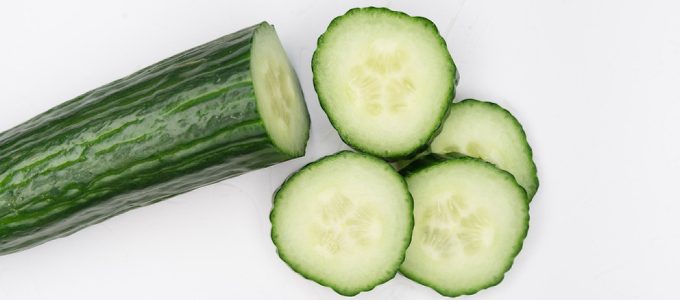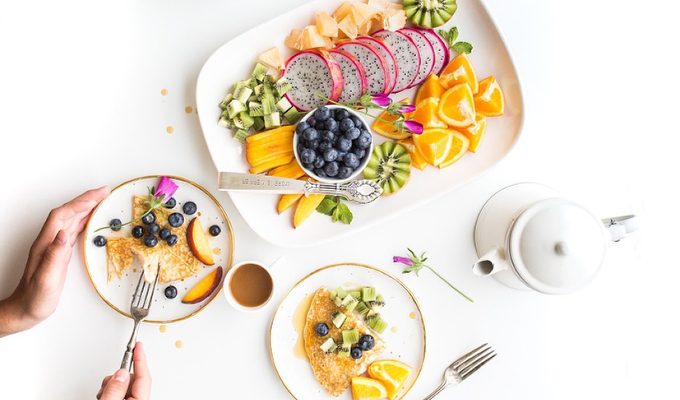
Benefits of Hydrating Foods
Are you feeling tired and dehydrated? Look no further!
This article is packed with valuable information about hydrating foods
that will not only quench your thirst but also provide you with an energy boost.
From juicy watermelon slices to crunchy cucumber sticks,
these hydrating foods are not only delicious but also essential for staying hydrated.
So, next time you’re feeling parched, reach for these refreshing options
to keep your body nourished and energized all day long.
[embedyt] https://www.youtube.com/watch?v=IXcDQni-ID4[/embedyt]
Benefits of hydrating foods
Improved hydration
Hydrating foods are a great way to increase your overall hydration levels. They are packed with water, which helps replenish the fluids in your body. When you consume hydrating foods, the water content is absorbed into your cells to keep them hydrated. This is especially important during hot weather or after exercising when you may be losing fluids through sweat.
Regulation of body temperature
Proper hydration is crucial for regulating your body temperature. Hydrating foods help to cool down your body by providing the necessary fluids. When you consume foods with high water content, they not only hydrate you but also help regulate your internal temperature, preventing overheating.
Increased energy levels
If you find yourself feeling low on energy, hydrating foods can give you a natural energy boost. When your body is dehydrated, it can lead to fatigue and sluggishness. By consuming foods with high water content, you promote hydration and improve your energy levels. The water in these foods helps your body function optimally, allowing you to feel more alert and energized throughout the day.
Promotion of healthy skin
Proper hydration is essential for maintaining healthy skin. When your body is hydrated, it helps to flush out toxins, which can contribute to clearer and more vibrant skin. Hydrating foods, especially those rich in antioxidants, can aid in improving skin elasticity, reducing signs of aging, and promoting a glowing complexion.
Support for digestive health
Hydrating foods play a significant role in supporting good digestive health. Water-rich foods help prevent constipation by adding bulk to your stool and facilitating regular bowel movements. Additionally, the high fiber content in many hydrating fruits and vegetables promotes a healthy gut by nourishing beneficial gut bacteria.
Importance of hydration
Water as an essential nutrient
Water is a vital nutrient that your body needs to function properly. It is involved in various bodily processes, such as transporting nutrients, regulating body temperature, and removing waste. Without adequate hydration, your body’s systems cannot work efficiently. Therefore, it is crucial to prioritize hydration and consume hydrating foods to meet your body’s water needs.
Daily water intake recommendations
The amount of water you should consume each day depends on various factors, including your age, sex, weight, activity level, and climate. As a general guideline, health authorities recommend drinking at least eight 8-ounce glasses of water per day, which equals about 2 liters or half a gallon. However, individual hydration needs may vary, and it is essential to listen to your body’s signals and adjust your water intake accordingly.
Effects of dehydration
Dehydration occurs when your body loses more fluids than it takes in, leading to an imbalance. Even mild dehydration can have negative effects on your overall well-being. Symptoms of dehydration can range from mild to severe and may include increased thirst, dry mouth, fatigue, dizziness, and reduced urine output. Prolonged dehydration can lead to more serious complications, such as kidney stones or heat-related illnesses.
Signs of dehydration
It is important to be aware of the signs of dehydration to ensure timely intervention. Some common signs of dehydration include dark yellow urine, dry or sticky mouth, headache, muscle cramps, lightheadedness, and fatigue. If you experience any of these symptoms, it is crucial to increase your fluid intake and consume hydrating foods to restore hydration levels.
Top hydrating fruits
Watermelon
Watermelon is one of the most hydrating fruits, with a water content of approximately 92%.
It is not only refreshing but also packed with essential vitamins, minerals, and antioxidants.
Consuming watermelon during hot summer days can help quench your thirst and keep you hydrated.

Strawberries
Strawberries are not only delicious but also hydrating.
With a water content of around 91%, these vibrant berries provide a refreshing way to stay hydrated.
They are also a rich source of vitamin C and antioxidants,
which support immune function and promote overall health.

Oranges
Oranges are a fantastic choice for hydration.
With a water content of about 87%, oranges are juicy and refreshing.
They are also packed with vitamin C, fiber, and various beneficial plant compounds,
making them a nutritious and hydrating snack option.

Pineapples
Pineapples are not only tropical and delicious but also incredibly hydrating.
With a water content of approximately 87%, pineapples provide a sweet and juicy way to stay hydrated.
They are also rich in bromelain, an enzyme that aids digestion and has anti-inflammatory properties.

Grapefruit
Grapefruits are a zesty and hydrating citrus fruit.
They have a water content of around 88%, making them an excellent choice for staying hydrated.
Grapefruits are also high in vitamin C and other antioxidants, which support immune health and fight inflammation.
Benefits of hydrating fruits
High water content
Hydrating fruits are an excellent source of hydration due to their high water content. As mentioned earlier, fruits like watermelon, strawberries, oranges, pineapples, and grapefruits have a significant water content, ranging from 87% to 92%. By incorporating these fruits into your diet, you can increase your fluid intake and maintain optimal hydration levels.
Rich in vitamins and minerals
In addition to hydrating properties, these fruits are packed with essential vitamins and minerals. They provide a wide range of nutrients, including vitamin C, vitamin A, potassium, and antioxidants. These nutrients are essential for maintaining overall health, supporting immune function, and protecting against oxidative stress caused by free radicals.
Source of dietary fiber
Hydrating fruits also contribute to your daily fiber intake. Fiber is important for promoting healthy digestion, regulating blood sugar levels, and maintaining a healthy weight. By consuming hydrating fruits, you can satisfy your sweet cravings while benefiting from their fiber content.
Potential antioxidant benefits
Many hydrating fruits are rich in antioxidants, which help protect your cells against damage from unstable molecules called free radicals. Antioxidants play a crucial role in reducing inflammation, supporting heart health, and preventing chronic diseases. By regularly consuming hydrating fruits, you can enhance your antioxidant intake and promote overall well-being.
Hydrating vegetables to include in your diet
Cucumbers
Cucumbers are hydrating vegetables with a water content of around 95%.
They are incredibly refreshing and can help quench your thirst.
Cucumbers are also low in calories and provide a good source of vitamins K and C, as well as various minerals.

Lettuce
Lettuce, particularly varieties like iceberg lettuce, contains a high water content of approximately 96%.
Including lettuce in your meals or salads can boost your hydration levels while adding a fresh crunch to your dishes. Lettuce is also a good source of vitamin K, vitamin A, and fiber.
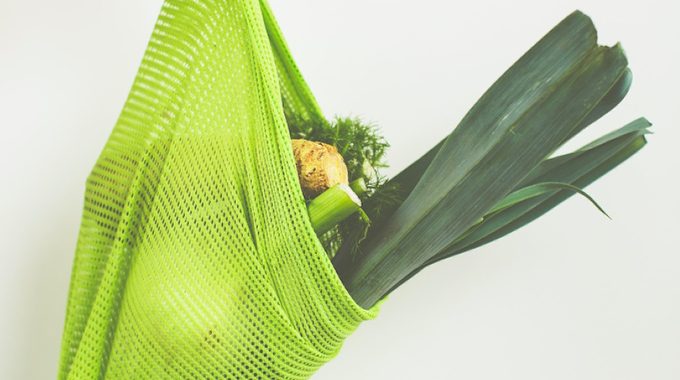
Celery
Celery is a hydrating vegetable with a water content of about 95%.
It is well-known for its crunchy texture and refreshing taste.
Celery is also low in calories and provides a source of vitamin K, vitamin C, and antioxidants.

Tomatoes
Tomatoes are not only delicious but also hydrating, with a water content of approximately 95%.
Whether enjoyed fresh or in various dishes,
tomatoes are a versatile vegetable that can enhance the hydration of your meals.
They are also rich in vitamins A and C, as well as the antioxidant lycopene.
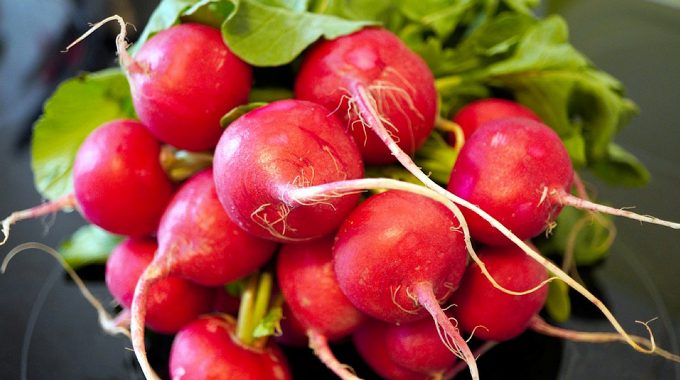
Radishes
Radishes have a high water content of around 95%, making them an excellent choice for hydration.
These crunchy vegetables add a burst of flavor to salads
and provide a source of vitamin C, fiber, and various minerals.
The importance of including hydrating vegetables
Low calorie and high water content
Including hydrating vegetables in your diet is a great way to boost your hydration without consuming excess calories. These vegetables are low in calories, making them an ideal choice for weight management. Additionally, their high water content helps keep you feeling full and satisfied.
Rich in essential nutrients
Hydrating vegetables are not only hydrating but also nutrient-dense. They provide a wide range of essential vitamins, minerals, and antioxidants that support various bodily functions. By including these vegetables in your diet, you can ensure you are meeting your nutrient needs and promoting overall health.
Natural source of hydration
Hydrating vegetables provide a natural source of hydration that goes beyond just drinking water. By consuming these vegetables, you are not only replenishing your fluids but also benefiting from the other valuable nutrients they offer. This natural source of hydration can contribute to your overall well-being and keep your body functioning optimally.
Beneficial for weight management
Including hydrating vegetables in your diet can be beneficial for weight management. These vegetables are low in calories and high in fiber, which can help control hunger and prevent overeating. By incorporating hydrating vegetables into your meals, you can support a balanced diet and maintain a healthy weight.
Herbs and spices that contribute to hydration

Mint
Mint is a refreshing herb that not only adds flavor to dishes and beverages but also has hydrating properties.
It is often used to make infused water, teas, or added to salads for a burst of freshness.
Mint leaves are also rich in antioxidants and may help aid digestion.

Basil
Basil is an aromatic herb that adds a delightful flavor to various dishes.
It has a high water content and can contribute to your overall hydration.
Basil is also a good source of vitamins A, K, and C, as well as minerals like potassium and magnesium.
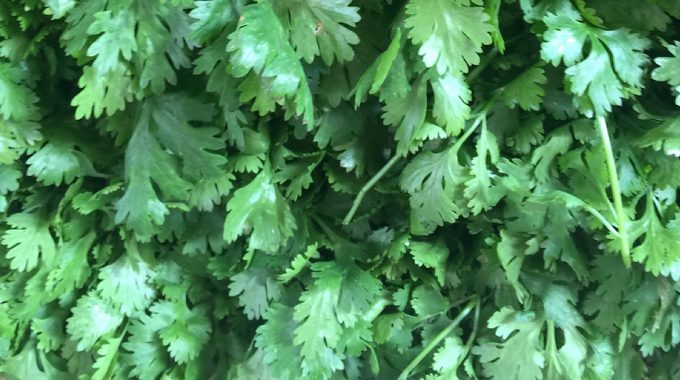
Cilantro
Cilantro is a popular herb known for its distinctive taste and aroma.
It contains a significant amount of water and can contribute to your hydration.
Cilantro is also rich in antioxidants and may have detoxifying properties.

Parsley
Parsley is a versatile herb that can be used as a garnish or added to salads, soups, or sauces.
It has a high water content, providing a hydrating element to your meals.
Parsley is also a good source of vitamins A, C, and K, as well as antioxidants.

Dill
Dill is an herb with a refreshing flavor often used in pickling or adding a hint of freshness to dishes.
It has a high water content and can contribute to your overall hydration.
Dill also contains essential oils that may have anti-inflammatory properties.
Hydrating foods for athletes and active individuals
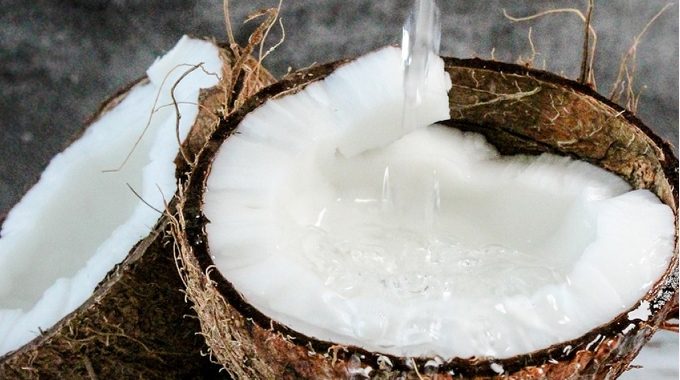
Coconut water
Coconut water is a popular and natural hydrating drink for athletes and active individuals.
It is low in calories and rich in electrolytes, such as potassium and magnesium,
which are essential for replenishing fluids lost during prolonged physical activity.

Chia seeds
Chia seeds are tiny powerhouses of hydration.
When soaked in water, they form a gel-like consistency that helps retain moisture in the body.
Chia seeds also provide a good source of fiber, protein, and omega-3 fatty acids,
making them a nutritious addition for athletes and those leading an active lifestyle.
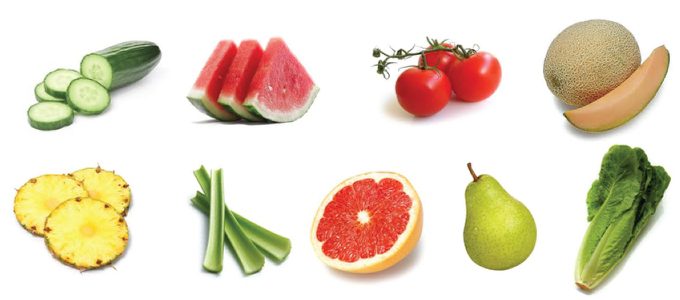
Water-rich fruits and vegetables
Incorporating water-rich fruits and vegetables, such as watermelon, cucumbers, and lettuce into your diet can provide a natural hydration boost for athletes and active individuals. These foods not only replenish fluids but also provide essential nutrients and antioxidants to support optimal performance.
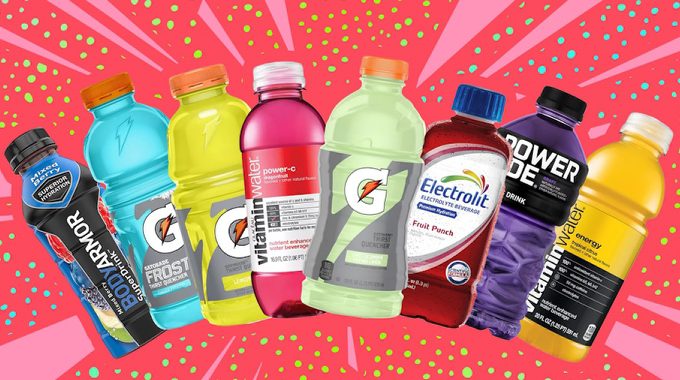
Sports drinks with electrolytes
Sports drinks formulated with electrolytes are commonly consumed by athletes and active individuals to replenish fluids and maintain electrolyte balance. These drinks can be beneficial during intense physical activity or prolonged exercise sessions when you need to replace both water and electrolytes lost through sweat.
Tips for staying hydrated throughout the day
Drink water regularly
The simplest and most effective way to stay hydrated is to drink water regularly throughout the day. Make it a habit to have a water bottle with you and take sips frequently, even if you don’t feel thirsty. This will help ensure a steady intake of fluids and maintain hydration levels.
Consume hydrating foods with every meal
Including hydrating foods in every meal can help boost your overall hydration. Incorporate fruits, vegetables, and herbs with high water content into your dishes and snacks. You can enjoy water-rich fruits as a refreshing dessert or add hydrating vegetables to salads, sandwiches, or stir-fries.
Monitor urine color
Monitoring the color of your urine can give you an indication of your hydration status. If your urine is pale yellow or clear, it is a good sign that you are adequately hydrated. Darker urine may indicate dehydration, and you should increase your fluid intake.
Limit dehydrating beverages
Certain beverages, such as caffeinated drinks, alcohol, and sugary sodas, can have a dehydrating effect on the body. Limit your consumption of these beverages, as they can contribute to fluid loss. If you do consume them, make sure to offset their effects by increasing your water intake.
Hydration myths debunked
Drinking 8 glasses of water a day
The recommendation to drink eight 8-ounce glasses of water a day is often cited, but it is not based on scientific evidence. Hydration needs can vary depending on individual factors, such as age, sex, weight, and activity level. It’s best to listen to your body’s thirst cues and consume fluids accordingly.
Thirst is not an accurate indicator of hydration
While thirst is a reliable indicator that you need to hydrate, it is not always an accurate measure of your hydration status. As you age, your thirst sensation may diminish, making it important to proactively drink water and consume hydrating foods throughout the day, even if you don’t feel thirsty.
All beverages hydrate equally
Not all beverages hydrate equally. While water is the most hydrating option, other beverages may contain additives or compounds that can have a diuretic effect and increase fluid loss. It’s important to prioritize water intake for optimal hydration.
Coffee and tea dehydrate the body
Contrary to popular belief, moderate consumption of coffee and tea does not dehydrate the body. While these beverages may have a mild diuretic effect, the fluid content they provide offsets any potential dehydration. However, it’s important to balance your intake and not rely solely on caffeinated beverages for hydration.
In conclusion, incorporating hydrating foods into your diet can have numerous benefits, including improved hydration, regulation of body temperature, increased energy levels, promotion of healthy skin, and support for digestive health. Hydrating fruits, vegetables, herbs, and spices provide natural sources of hydration, along with essential nutrients and potential antioxidant benefits.
Athletes and active individuals can benefit from hydrating foods and beverages like coconut water, chia seeds, water-rich fruits, vegetables, and sports drinks with electrolytes. Staying hydrated throughout the day can be achieved by drinking water regularly, consuming hydrating foods with every meal, monitoring urine color, and limiting dehydrating beverages.
Remember that hydration needs may vary, and it’s important to listen to your body’s cues. Debunking hydration myths about water intake, thirst, beverage hydration, and the effects of coffee and tea can help you make informed choices for optimal hydration. Prioritizing hydration through the inclusion of hydrating foods and staying mindful of your fluid intake will contribute to overall well-being and enhance your health.


